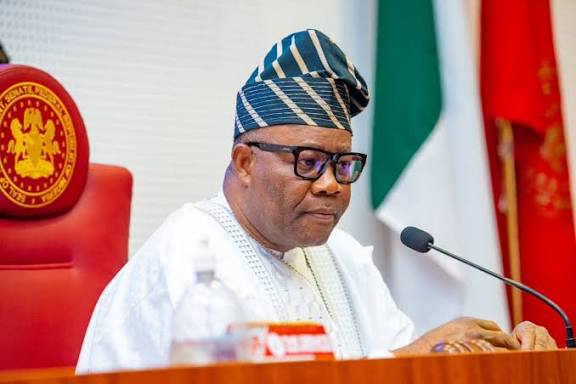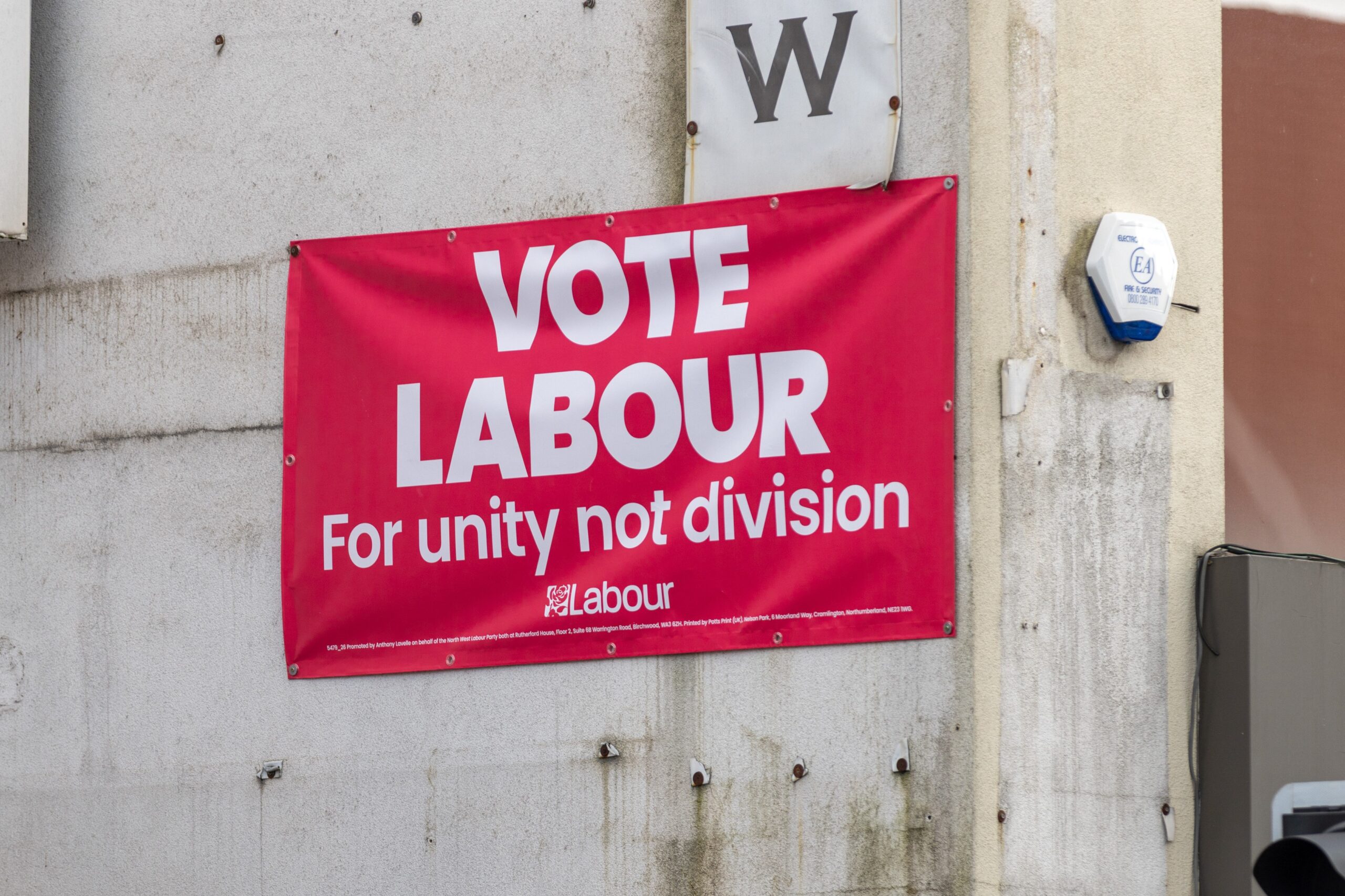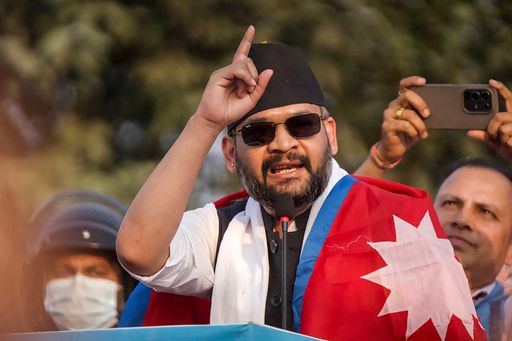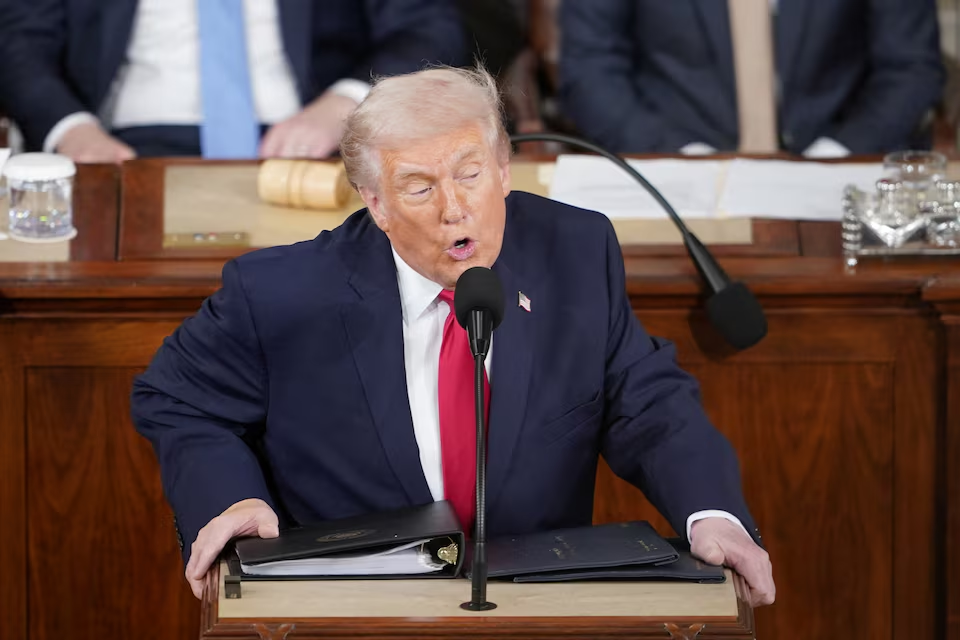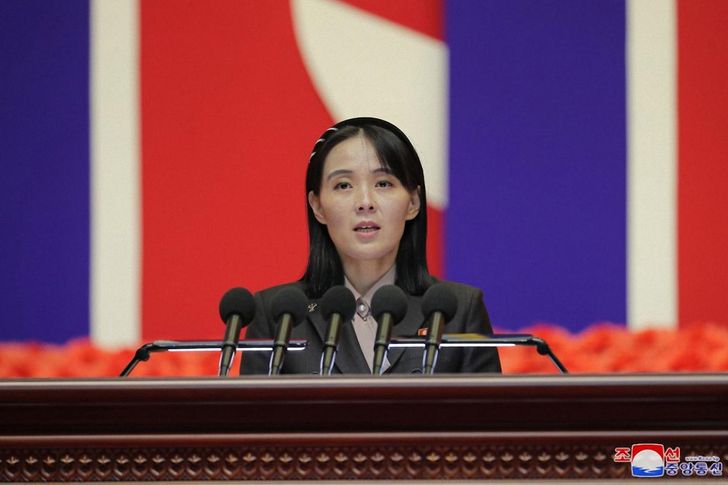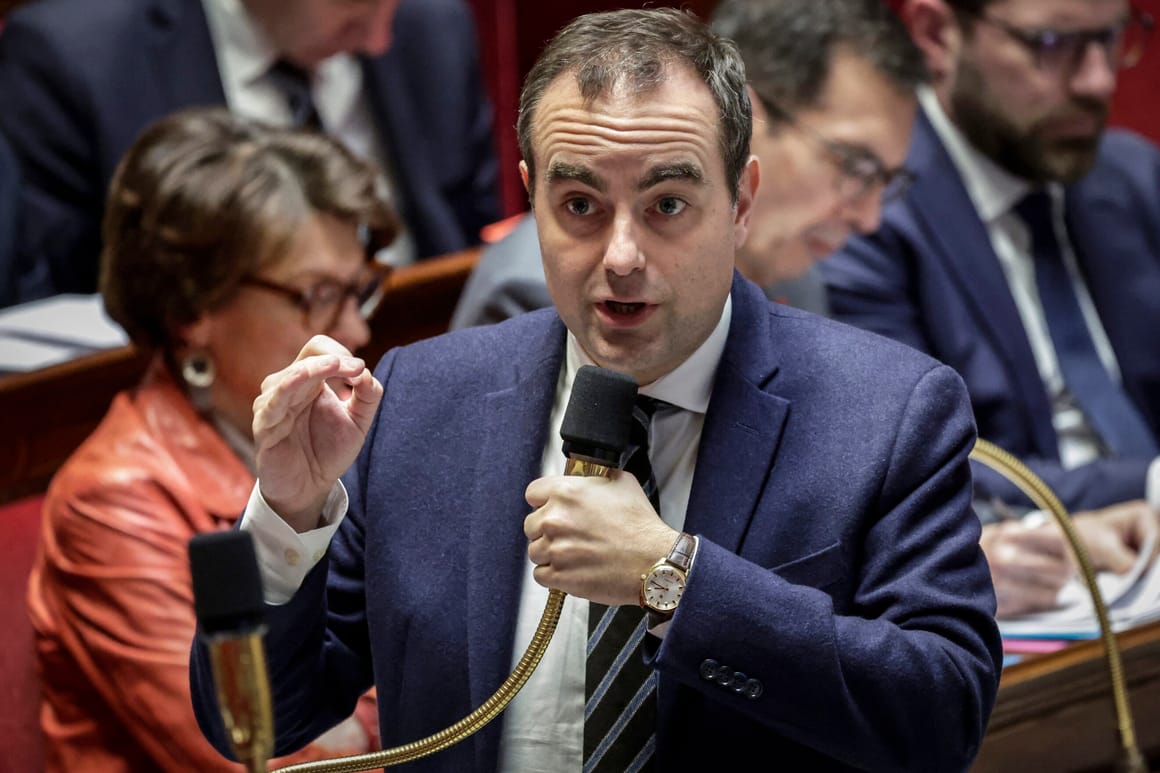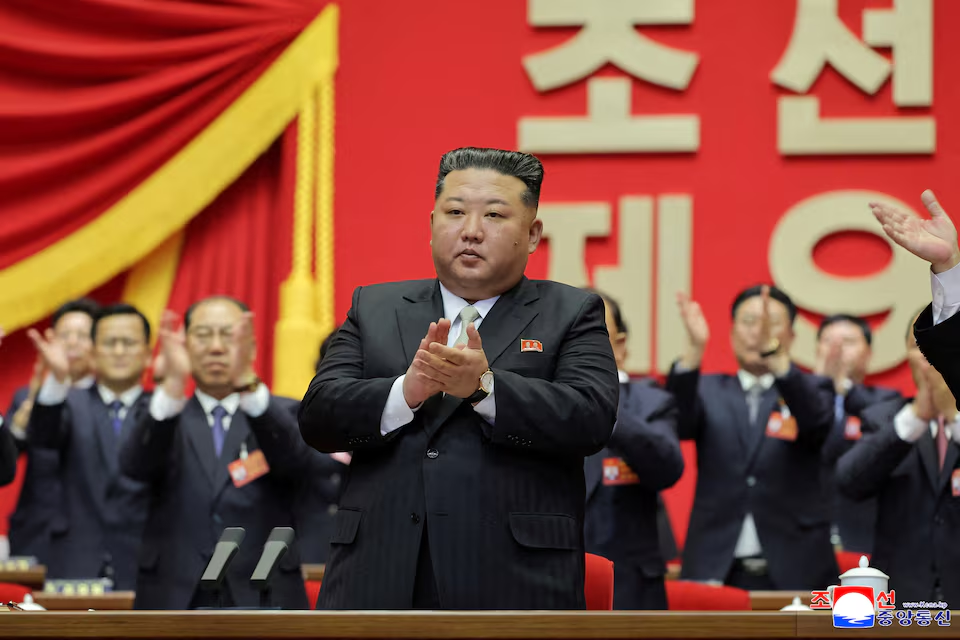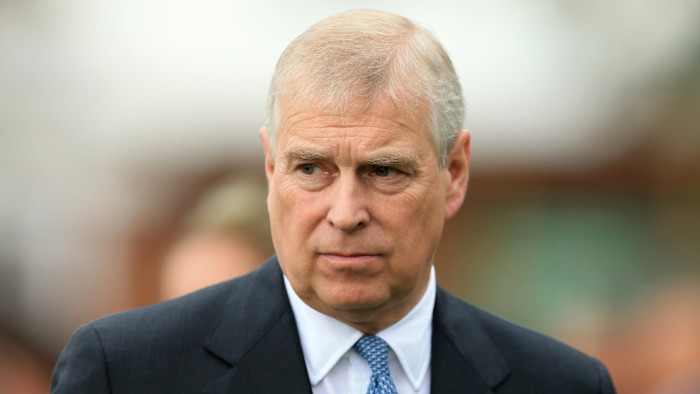Nigerian Senate rejects NNPCL explanations over ₦210 trillion unaccounted funds, citing illegal subsidies and lack of transparency in operations.
Nigeria’s Senate has rejected explanations offered by the Nigerian National Petroleum Company Limited (NNPCL) regarding an unaccounted ₦210 trillion in its financial records, insisting the funds be refunded to the Federation Account. The decision comes after months of investigation by the Senate Committee on Public Accounts.
The committee’s scrutiny, covering NNPCL operations between 2017 and 2023, identified ₦103 trillion in accrued expenses and ₦107 trillion in receivables in the company’s audited financial statements. The figures prompted repeated queries from the panel, which found the responses provided by NNPCL contradictory and insufficient.
Tuesday November 11, 2025 hearing, called to review NNPCL’s answers to 19 questions posed by the committee, was marked by the absence of the company’s Group Chief Executive Officer, Mr. Bayo Ojulari. The committee described his failure to appear without explanation as unacceptable.
Senator Aliyu Wadada, chairman of the committee, criticized NNPCL’s accounting practices, highlighting inconsistencies between claimed payments and actual revenue. “Cash Call arrangements were abolished in 2016,” he said. “How can NNPCL claim to have paid ₦103 trillion in one year when it generated only ₦24 trillion in crude revenue over five years? That figure is unjustifiable and must be returned to the treasury.”
Read Also: NNPCL Profit Soars To 91% Despite Falling Oil Output In Nigeria
The panel also rejected NNPCL’s claim of ₦107 trillion in receivables, noting that the company did not provide details of banks or accounts holding the funds. “This lack of transparency is unacceptable,” Wadada said, stressing that the combined ₦210 trillion must be accounted for.
In addition, the committee flagged illegal subsidies on crude oil and refined petroleum products between 2017 and 2021. Wadada stated that NAPIMS, a department under NNPCL, charged subsidies on crude—prohibited under Nigerian law—while NNPCL applied similar charges on refined products such as diesel, kerosene, and petrol.
The committee warned that future hearings would require the physical presence of NNPCL’s GCEO and may involve subpoenas for former officials if explanations remain unsatisfactory. Senator Jarigbe Agom Jarigbe praised the committee’s diligence, asserting that NNPCL had demonstrated a disregard for accountability and transparency.
“The sums involved exceed what the government is trying to borrow from foreign sources,” Jarigbe said. “Some in NNPCL appear to act above the country, as if they are untouchable.”
The Senate’s ruling underscores intensifying scrutiny of Nigeria’s state-owned oil enterprise and signals the legislature’s determination to ensure full accountability for public funds, particularly amid mounting concerns over transparency in the nation’s energy sector.

